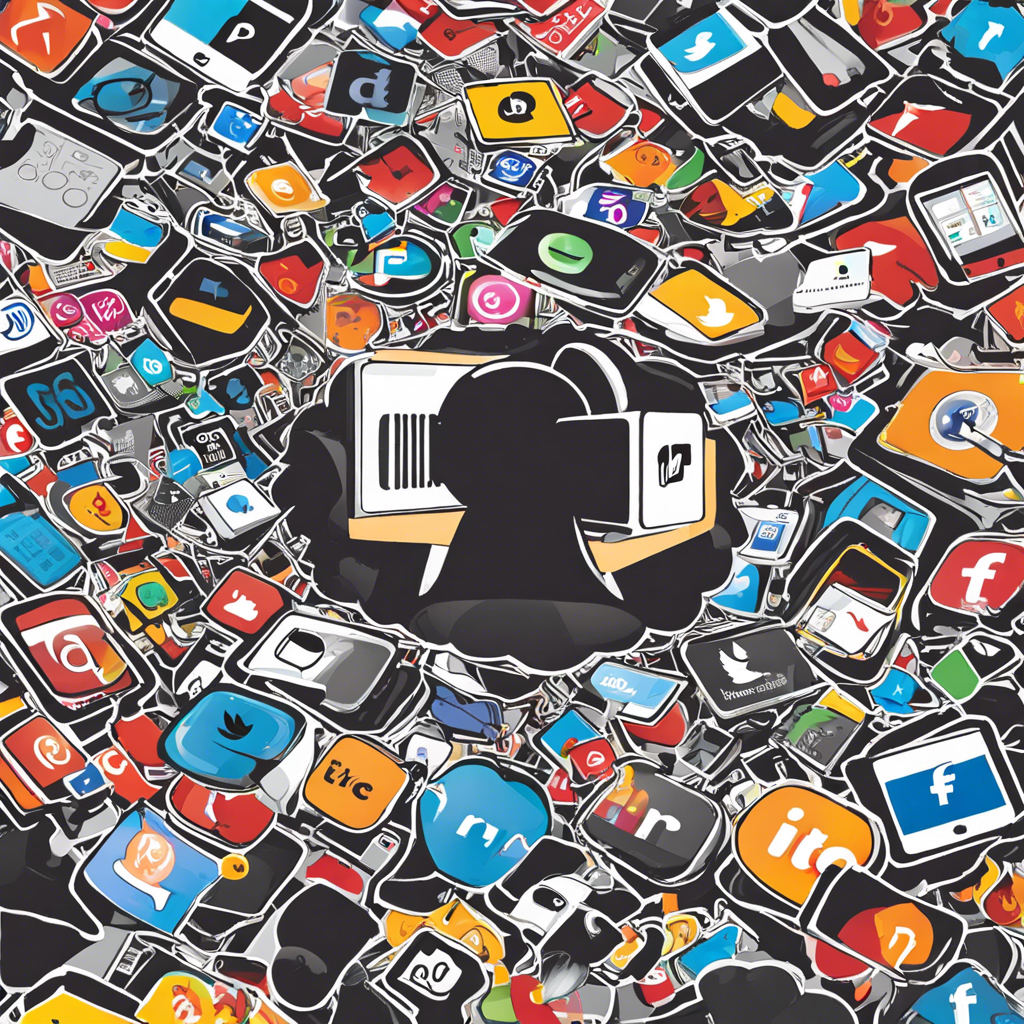Explore the evolving role of social media in crisis management for brands, a critical aspect of modern business strategy.
In today’s digitally connected world, social media has become an indispensable tool for brands to connect with their audiences, but it also presents unique challenges and opportunities during times of crisis. When a brand faces a critical situation, whether it’s a product recall, a PR disaster, or a natural disaster, social media can be a double-edged sword. On one hand, it provides an immediate and direct channel to communicate with customers and stakeholders; on the other, it can amplify negative sentiments and escalate the crisis if not managed effectively. This article delves into the intricate relationship between social media and crisis management, exploring strategies and best practices that brands can employ to navigate these challenging situations successfully.
The Power of Real-Time Engagement
Social media platforms offer brands an unparalleled ability to engage with their audiences in real time. This is particularly crucial during a crisis when customers and stakeholders expect timely updates and support. By leveraging social media, brands can:
– Provide rapid responses to customer inquiries and concerns.
– Share critical information and updates during crises, such as emergency procedures or product recall details.
– Monitor and address negative comments and reviews, mitigating potential brand damage.
A study by the Harvard Business School found that companies that responded to customer complaints on Twitter received higher customer advocacy and spending. This highlights the importance of social media engagement in building customer trust and loyalty, especially during challenging times.
Strategies for Effective Crisis Management on Social Media
1. Monitor and Listen
Brands should establish robust social media monitoring systems to track mentions, conversations, and trends related to their brand, products, and industry. This allows them to identify potential issues early and respond proactively. Tools like Hootsuite and Sprout Social offer social listening and engagement features to help brands stay on top of their social media presence.
2. Prepare and Plan
Developing a comprehensive social media crisis management plan is essential. This includes establishing clear communication protocols, designating roles and responsibilities, and creating pre-approved response templates for various crisis scenarios. Simulating crisis scenarios and conducting drills can help teams prepare for real-life situations.
3. Respond with Empathy and Transparency
During a crisis, brands should prioritize empathy and authenticity in their social media communications. Responding promptly to customer concerns, showing understanding, and providing transparent information are key. It’s crucial to avoid generic responses and take responsibility when necessary.
Case Study: Successful Crisis Management on Social Media
A Brand’s Triumph Over Controversy
An excellent example of effective crisis management on social media is the case of a major airline that faced a PR disaster after a customer’s experience went viral. The airline’s swift and empathetic response on social media, including a public apology and compensation, helped them regain customer trust and manage the crisis effectively.
Questions and Answers
1. Why is social media monitoring essential during a crisis?
Social media monitoring allows brands to stay ahead of the curve by identifying potential issues early and responding proactively. It helps brands understand customer sentiments, address concerns, and mitigate the spread of misinformation.
2. How can brands prepare for a social media crisis?
Preparation is key. Brands should develop a detailed crisis management plan, conduct simulations, and establish clear communication protocols. This ensures a coordinated and efficient response when a crisis occurs.
3. What are some best practices for engaging with customers during a crisis?
Brands should respond promptly, show empathy, and provide transparent information. Addressing concerns individually and offering personalized solutions can help rebuild trust and strengthen customer relationships.
Conclusion
Social media’s role in crisis management for brands is both influential and complex. While it provides a powerful platform for real-time engagement, it also demands strategic planning, empathy, and transparency. By understanding the nuances of social media and implementing effective crisis management strategies, brands can navigate challenging situations, protect their reputation, and emerge stronger. In today’s fast-paced digital landscape, staying ahead of the curve on social media is crucial for any brand’s long-term success and resilience.
